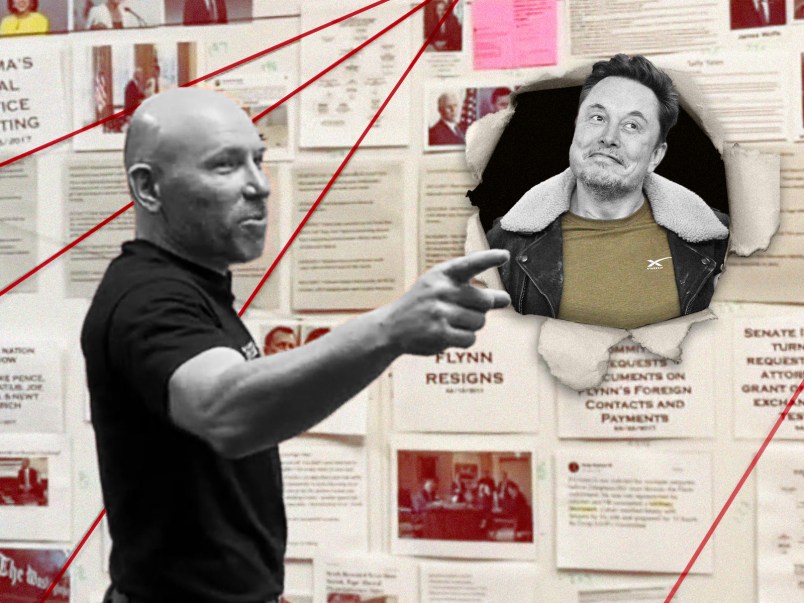by Marian Wang ProPublica, Jan. 19, 2011, 11:07 a.m.
As we noted in the wake of the deadly shooting in Tucson, the FBI’s background-check database, intended to keep guns out of the hands of criminals and the mentally ill, didn’t prevent Jared Loughner from obtaining a weapon [1] because he hasn’t been declared mentally unfit by a court or been committed to a mental institution.
Federal law, however, also prohibits gun sales to anyone who’s an “unlawful user of [2] or addicted to any controlled substance.” And although Loughner had flunked a previous drug test when he tried to enlist in the Army in 2008, this law didn’t keep him from obtaining a gun either, according to the Washington Post.
That’s because of a Clinton-era policy that instructed federal agencies not to report to the database [3] any individuals who had voluntarily taken a drug test, according to the Post. The policy was created by then-Attorney General Janet Reno out of concern that drug users would be deterred from seeking treatment if they knew a drug test could land them in the FBI’s database and prevent them from purchasing a gun. An FBI official told the Post that a drug test undergone to enter the military counts as a voluntary test.
Following the Virginia Tech shooting, Congress passed a law to strengthen both federal- and state-level reporting to the database. In many states, however, the law didn’t seem to make a difference, many still lag [1] in reporting to the database.
And here’s another thing that didn’t change with the 2007 law: Defense Department policy. From the Post:
The Reno policy remained in place despite a 2007 law designed to improve the NICS. That law ordered all federal agencies to forward to the FBI the names of those ineligible under federal law to buy a gun from a licensed dealer. The law states that the names are to be sent at least quarterly, “notwithstanding any other law.”
Despite the NICS Improvement Amendments Act, the Defense Department apparently did not change its policy. Drug test information is still not forwarded to the FBI to protect the privacy of the applicants, said Col. Thomas Collins, an Army spokesman.
Had Loughner made it into the FBI’s database after failing the 2008 drug test, he would’ve stayed on it for a year and been unable to purchase his first gun.
Loughner’s second gun purchase — the semi-automatic that he’s accused of having used in the Tucson shooting — would have gone through anyway, unless the earlier denial prevented him from trying to purchase a weapon again.









